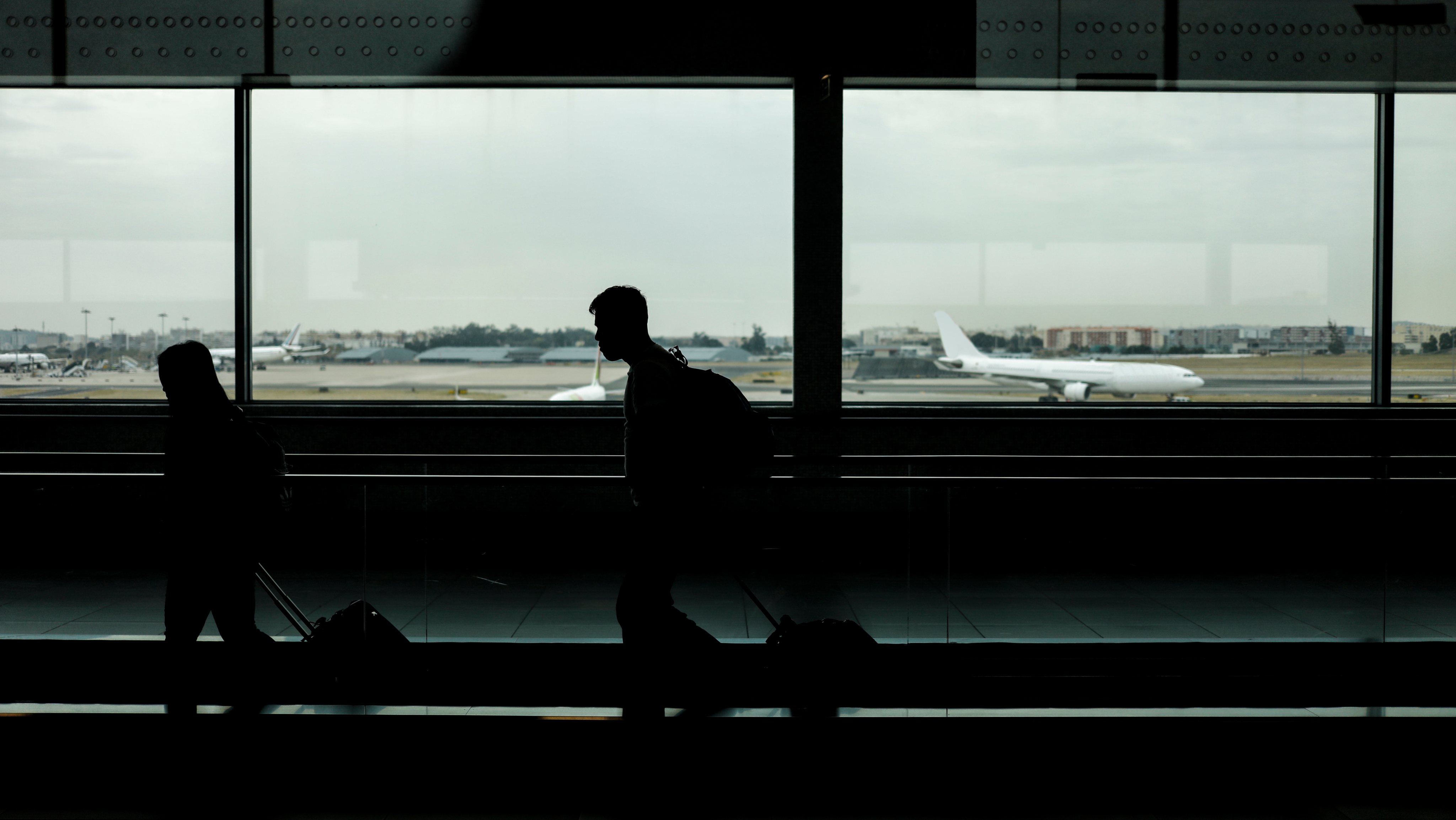is what allows 17 million of Europeans live or work freely in a European Union (EU) country other than their own, which means more than 600 thousand people to study, do an internship or volunteer abroad through the Erasmus programme. And it is what guarantees you the right to repair or replace a defective product, free for two years. But, despite being the “backbone” of the European economy, that is not why it should be seen as a “given”, with the pandemic, war and inflation threatening to jeopardize it.
“As citizens, [o mercado único] it allows us to live, work and travel wherever we want in Europe. As consumers, we are protected by common rules and have a wider selection of products at lower prices. It allows us to buy online in Europe, make electronic payments in euros”, defended Margrethe Vestager, Vice President of the European Commission and Commissioner for Competition, at an event to celebrate the 30th anniversary of the single market, in Strasbourg (France).
But despite being thecrown jewel” of the EU, the “backbone of the European economy and source of prosperity”, the “greatest achievement of European integration” does not mean that the single market is “complete or that these achievements can be seen as a fact“. The pandemic and the war in Ukraine have shown how what seemed right can quickly be called into question.
“As the Covid pandemic has shown us, when Member States act individually by closing their borders, banning intra-EU exports of medical equipment, cereals, raw materials, the entire function of the single market is compromised,” he added. And he called for “more ambition and effort to pursue the integration of the single market and to remove the barriers that continue to make themselves felt“.
Previously, the president of the European Parliament, Roberta Metsola, had highlighted how the creation of the single market – a “dream come true” of Jacques Delors – is “one of the greatest achievements of the Union” and has become “indispensable for all ”. ”. “EU GDP increased by 8%/9% on average and [o mercado único] was responsible for up to one million babies born to Erasmus couples in the last 30 years“, he said, also pointing out risks.
“With the return of war to our continent, with the decrease in energy supplies and the increase in inflation, it is easy to fall into the trap of euroscepticism”, he said, recalling how the vaccine distribution associations during the pandemic demonstrated “Europe’s ability to react effectively.” The single market “is still developing and adapting to new challenges. My hope for the future is to recover that spirit”.
Created on January 1, 1993, after the signing of the Maastricht Treaty, in February 1992, which laid the foundations for the formation of the European Union (formerly EEC, European Economic Community), the single market allows the movement of people, merchandise and capital. freely throughout the EU. It is also the one that standardizes certain rules of production and sale, as well as safety requirements for consumers in the countries that constitute it.
According to a document from the European Commission, the GDP of the countries that make up the single market amounted to 14,000 million euros in 2021 and exports between EU countries quintupled between 1993 (671,000 million euros) and 2022 (3,400 million euro).
The Single Market was established on January 1, 1993. Initially, it consisted of just 12 countries: Belgium, Denmark, Germany, Ireland, Greece, Spain, France, Italy, Luxembourg, the Netherlands, Portugal, and the United Kingdom. Today it includes 27 countries and some countries/territories that are not in the EU, such as Iceland, Norway or Liechtenstein (Switzerland has access, but only partially).
Source: Observadora
